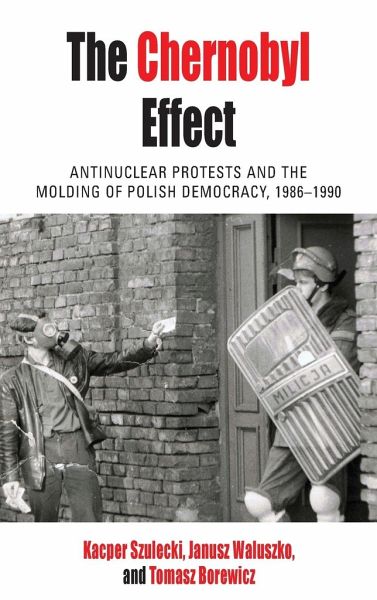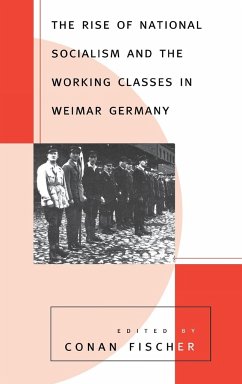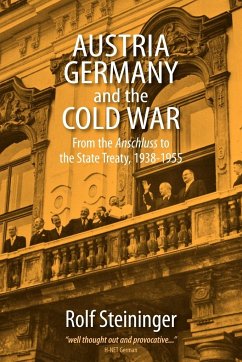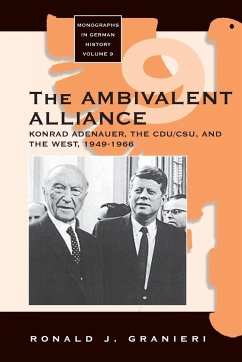
The Chernobyl Effect
Antinuclear Protests and the Molding of Polish Democracy, 1986-1990

PAYBACK Punkte
66 °P sammeln!
The 1986 Chernobyl catastrophe was not only a human and ecological disaster, but also a political-ideological one, severely discrediting Soviet governance and galvanizing dissidents in the Eastern Bloc. In the case of Poland, what began as isolated protests against the Soviet nuclear site grew to encompass domestic nuclear projects in general, and in the process spread across the country and attracted new segments of society. This innovative study, combining scholarly analysis with oral histories and other accounts from participants, traces the growth and development of the Polish anti-nuclear...
The 1986 Chernobyl catastrophe was not only a human and ecological disaster, but also a political-ideological one, severely discrediting Soviet governance and galvanizing dissidents in the Eastern Bloc. In the case of Poland, what began as isolated protests against the Soviet nuclear site grew to encompass domestic nuclear projects in general, and in the process spread across the country and attracted new segments of society. This innovative study, combining scholarly analysis with oral histories and other accounts from participants, traces the growth and development of the Polish anti-nuclear movement, showing how it exemplified the broader generational and cultural changes in the nation's opposition movements during the waning days of the state socialist era.













